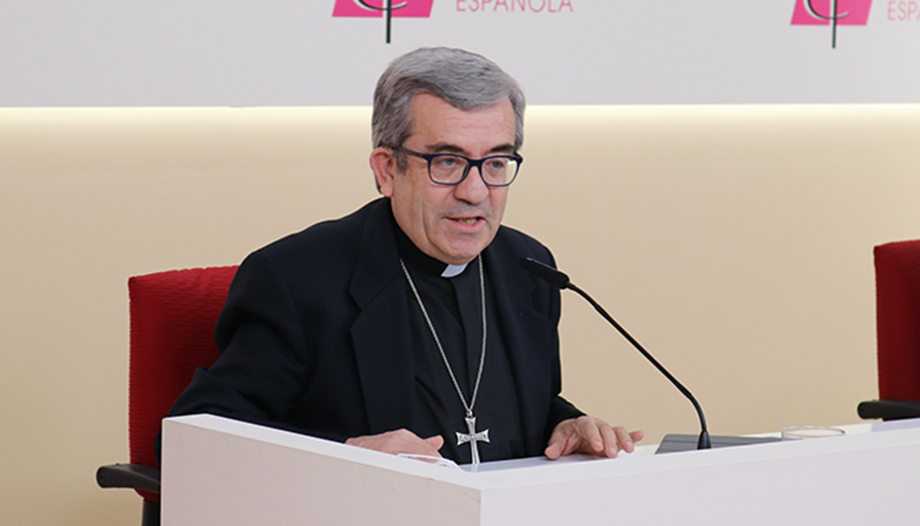The Spanish bishops have approved a document that will serve as a manifestation of advance directives, advance directives or living wills about the medical treatment to be applied in the event of a near death. In order to be valid, the living will must be duly registered with the appropriate official body.
The text is proposed to any person who wishes to express his or her desire that "if I should become seriously and incurably ill or suffer a serious, chronic and disabling illness or any other critical situation; that I be given basic care and appropriate treatment to alleviate pain and suffering; that I not be given aid in dying in any form, whether euthanasia or 'medically assisted suicide', nor that my dying process be unreasonably and unreasonably prolonged". It also includes the request for "help to assume my own death in a Christian and humane manner and for this purpose I request the presence of a Catholic priest and that the pertinent sacraments be administered to me".
The intention of the Episcopal Conference (CEE) is to disseminate this possibility throughout Spain, although the different dioceses must take into account the specific regulations in the corresponding Autonomous Community.
The plenary assembly, on the other hand, approved the lines of pastoral action of the EEC for the years 2021-2025. The document considers how to evangelize in today's Spanish society, and responds on the basis of three axes: pastoral conversion, discernment and synodality. The Cardinal Juan José Omella, president of the EEC, said in the inaugural speech of the assembly that "our objective is that the Church in Spain, both in its social presence and in its internal organization, in its mission and in its life, sets out towards the promised Kingdom, on a missionary outreach, on an evangelizing journey".
The context is the fact that "in Spain there is a growing and serious problem called social inequality", and that "it is a challenge that we have to address to ensure the dignity of all and the necessary social justice that is always a guarantee of social peace. This is not the time for inert disputes between political parties, it is not the time for easy and populist solutions to serious problems, it is not the time to defend particular interests. Now is the time for true politics, which brings together all parties and works for the common good of society as a whole and the strengthening and credibility of the institutions on which our democratic system is based".
Among the various topics discussed in the plenary session, two others stand out, both for their intrinsic importance and their social relevance.
Counseling on children and education issues
The first is the creation in the EWC of a counseling service for diocesan offices for the protection of minors and abuse prevention. There is no plan, according to Bishop Luis Argüello, Secretary General of the Conference, to open a general historical investigation into past abuses.
He reported that the draft General Decree of the EEC on this matter has received a favorable opinion from the Holy See, except for three minor modifications and a consultation process still open. Some interesting data on the numerical relevance of these scandalous conducts was communicated to the EEC by the Congregation for the Doctrine of the Faith on April 20: since 2001, 220 procedures related to abuses by priests have reached the Congregation (144 secular and 76 regular, of which respectively 101 and 50 have already been resolved).
Argüello recalled that it is not only a problem of the Church, although perhaps "we have gone slowly for a stretch of the road," he said, but it is "a real social problem. For this reason, the Church is willing to collaborate with the various social bodies to combat it in all areas, setting aside its own experience.
The other issue of major relevance in the plenary assembly meetings has been the educationin the context created by the new educational law. The main effort is aimed at updating the curriculum of the Catholic Religion area, in order to adapt it to the framework of the so-called LOMLOE or "Celáa law". As we have reported, the process began with the organization in March of the forum "Towards a new religion curriculum", with the participation of experts from all educational fields and with satisfactory results, in the opinion of the organizers and the participants.
The Spanish bishops have also studied the implementation of Pope Francis's letter Spiritus DominiThe formation plan for the stable institution of lay people as lectors and acolytes is foreseen. The preparation of a formation plan for the persons to be installed for these lay ministries is foreseen.








